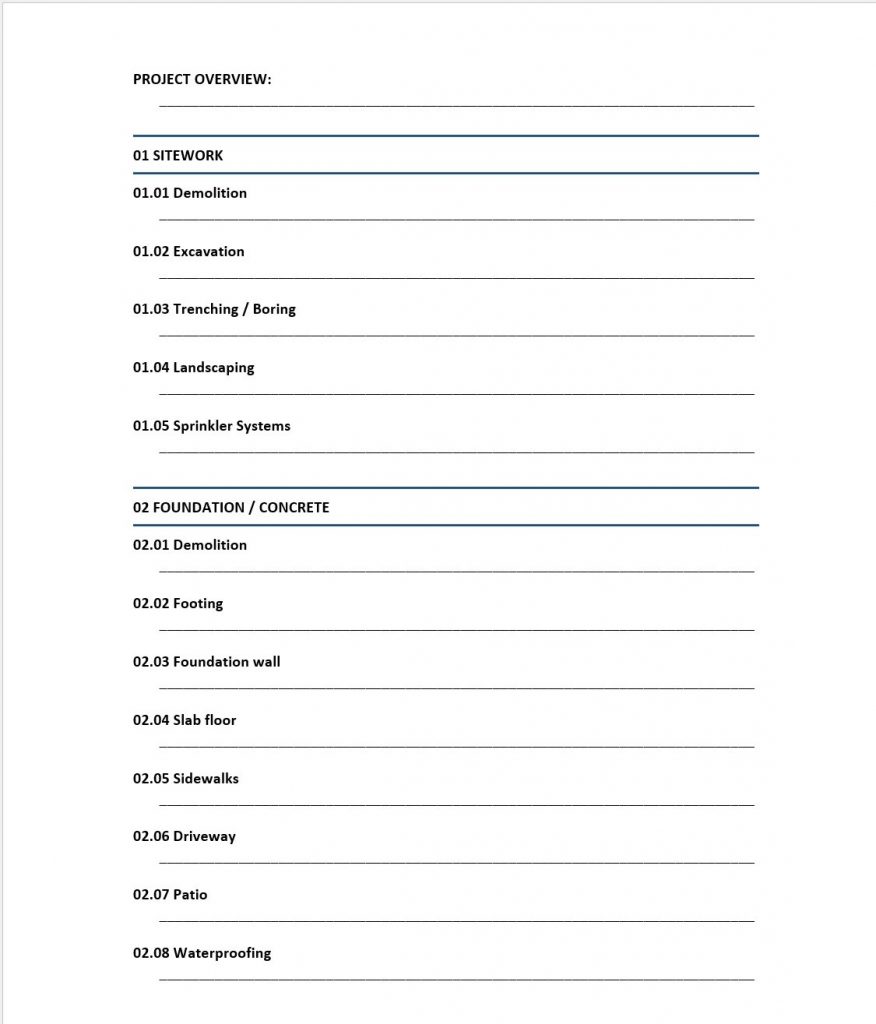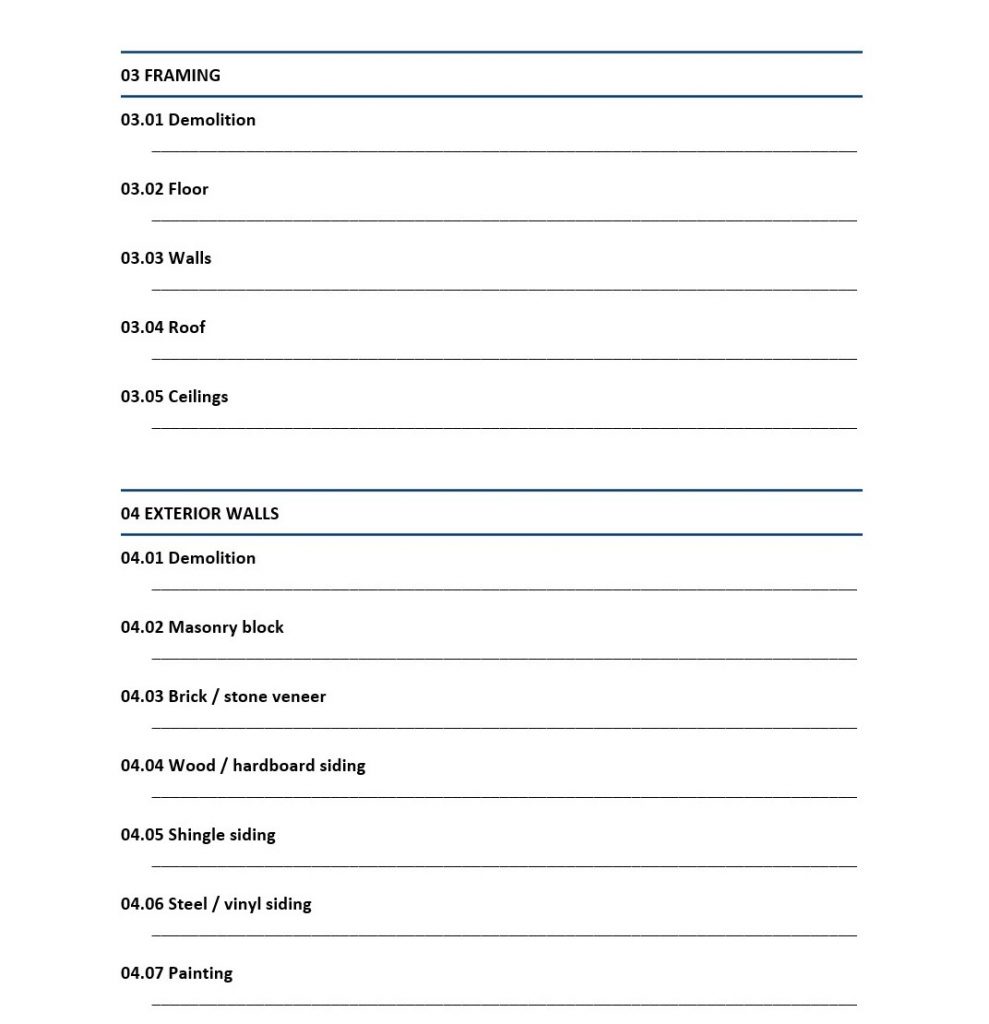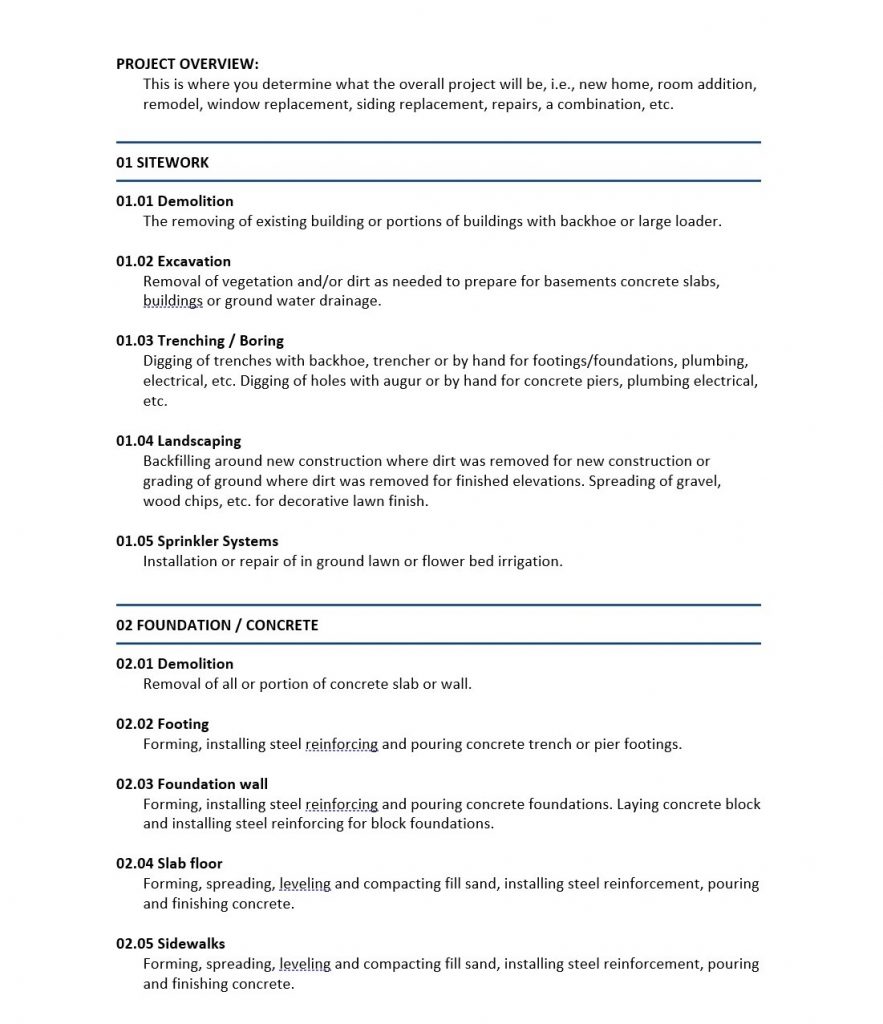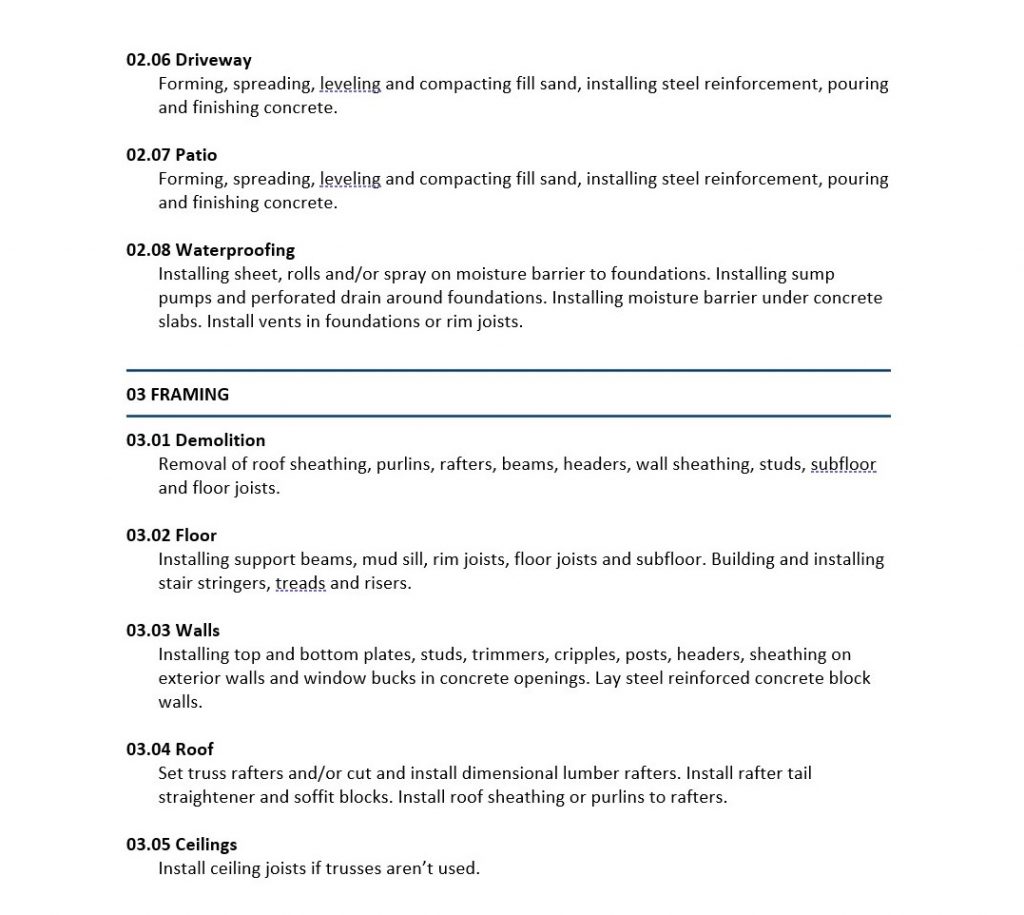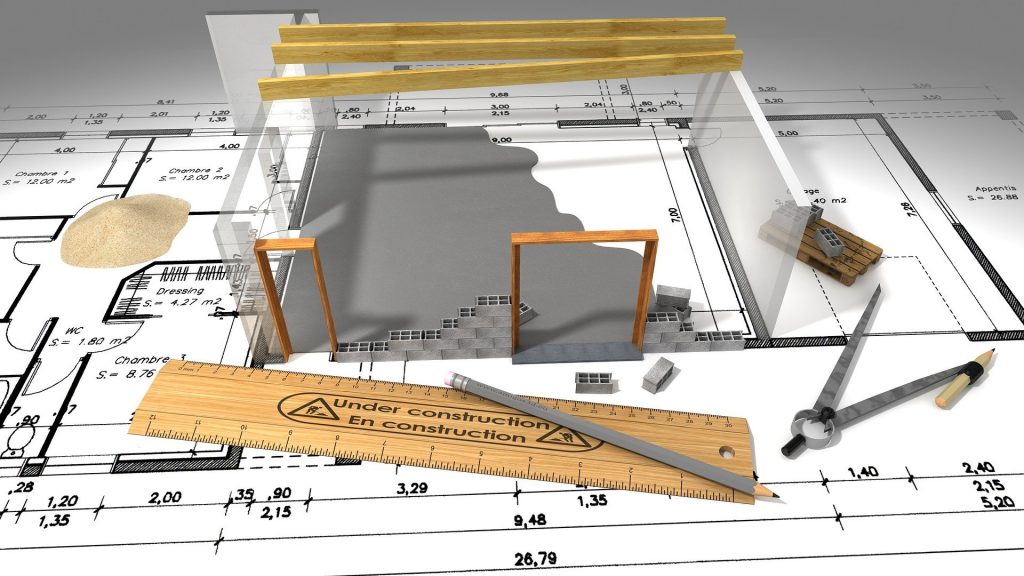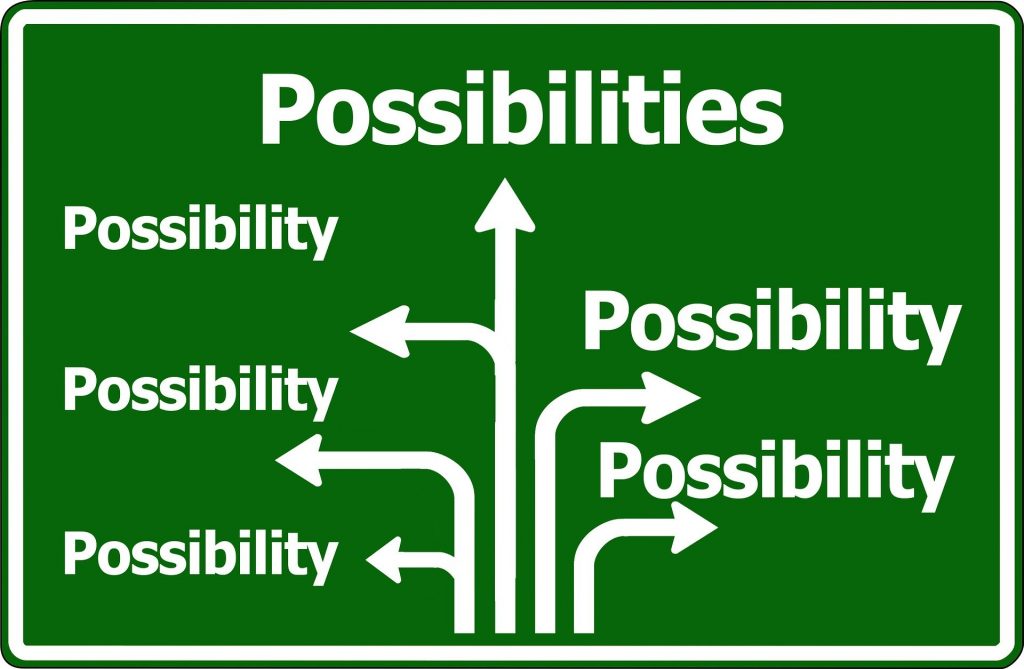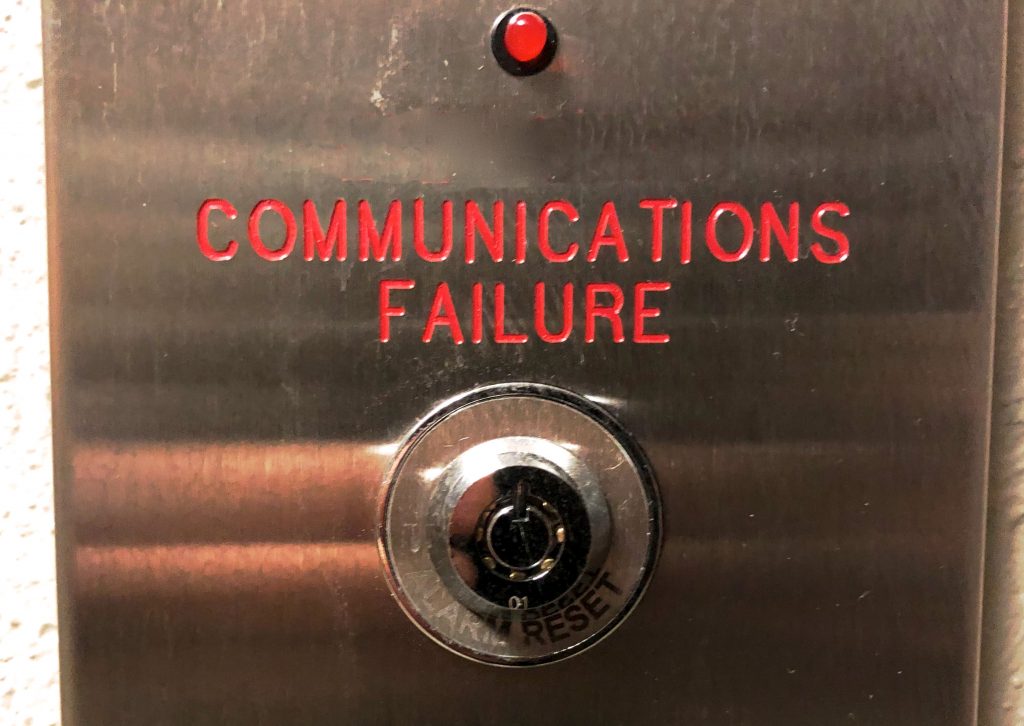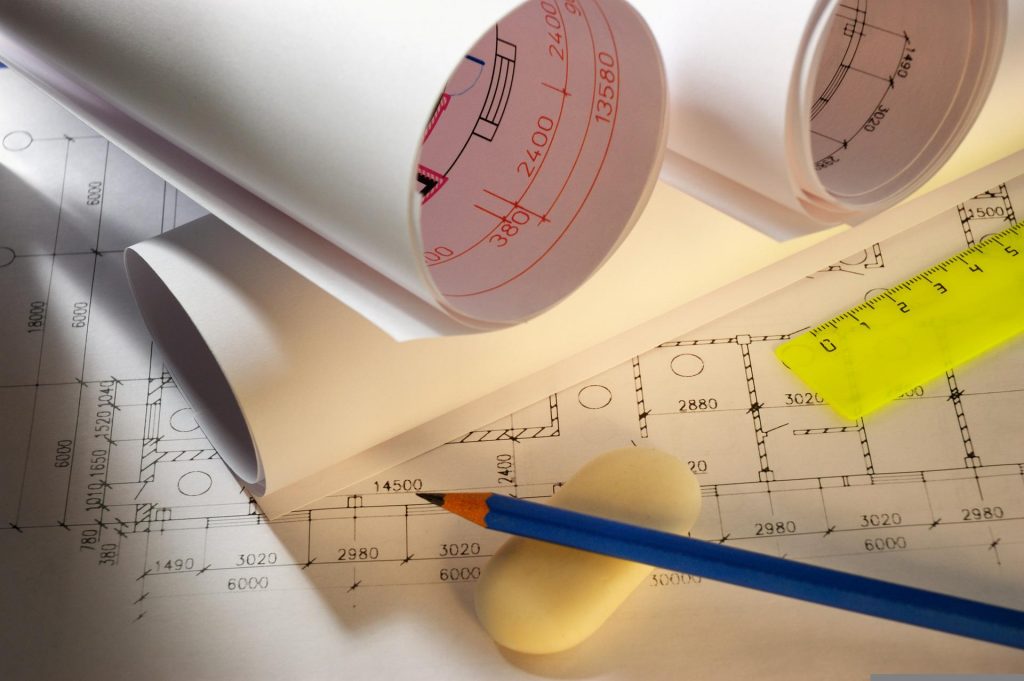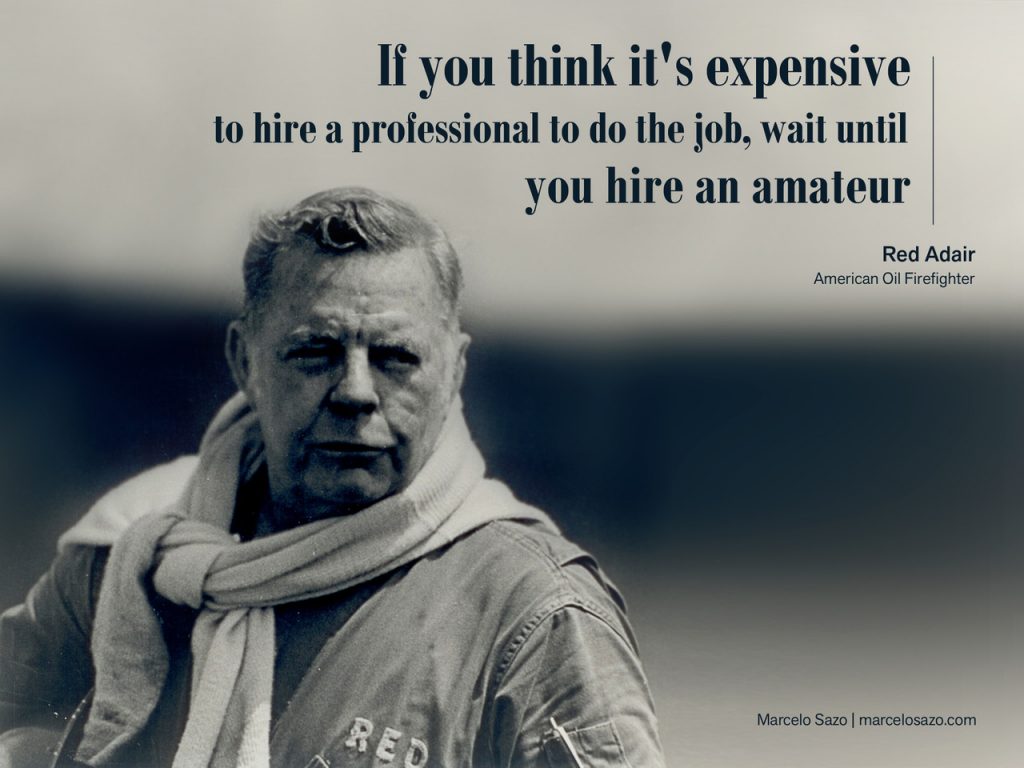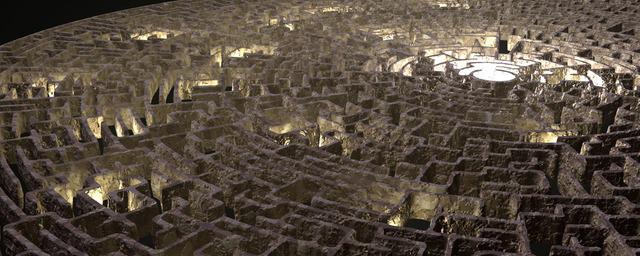Just Knowing That There’s a Problem is More Than Half the Battle
As we go through the daily actions of living our lives, we become oblivious to things on the periphery. This is especially true of things outside of our expertise. This lack of awareness includes things like construction if you’re not actively involved in the building industry.
When there is a situation that catches the attention of someone who is not a construction professional, it begs the question of…what do I do?
If you know someone who is in construction, you could ask them. But what if you don’t know anyone or don’t trust the ones you do know?
This is where virtual construction consulting comes in.
We discussed virtual construction consulting previously. Today we’re going to actually do some consulting.
The question:

There’s a gap between the tops of some of the rafters and the ridge. Some have short boards fastened to the sides of the rafters sitting on top of the ridge. Some have hurricane clips attached to the rafter and ridge “supporting” the rafter.
This doesn’t look right. Should it be like this?
NO IT SHOULDN’T!
This is an example of – whoever built this did not know how to construct things properly.
The problem:
In construction everything needs to be supported to transfer the weight of the building to the ground. You can’t just put a board up in the air and let go expecting it to stay. Gravity will win.
According to the residential building code, rafters should not be more than 1 ½” offset from each other on the ridge beam. The rafters should be fastened to the side of the ridge beam. The ridge beam should not be less in height than the cut end of the rafter.
Without getting off into the weeds of engineering, just know this…
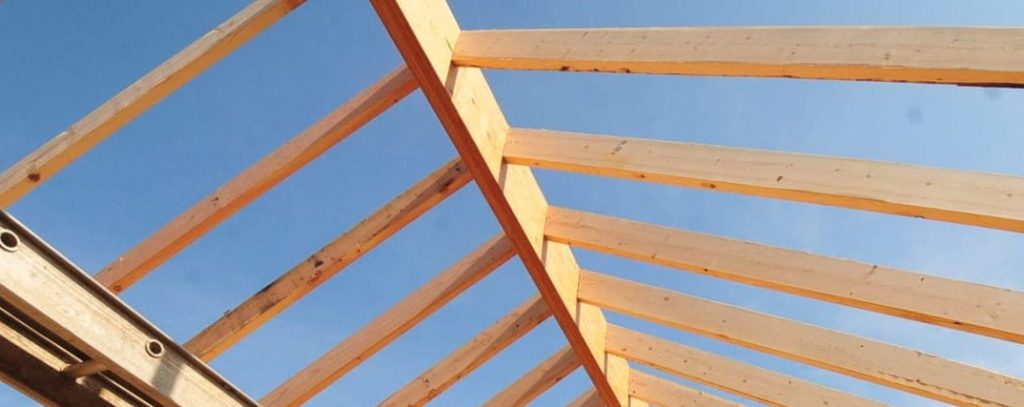
The rafters are supporting the ridge, not the other way around.
The question:
What is the most cost-effective way to fix this problem?
There are several ways that this could be fixed, but the primary point is cost-effective. Without going through all the scenarios here today, let’s focus on my recommendation.
The goal is to get the rafters attached to the side of the ridge.
The answer:
To do this, it will require disconnecting the rafters from the ridge beam, cutting the rafters to the correct angle to fit against the side of the ridge beam and then lowering the rafters down to align the top of the rafters with the top of the ridge beam.
Before starting it must be determined if the existing rafters are long enough to be cut at an angle and still reach the side of the ridge beam?
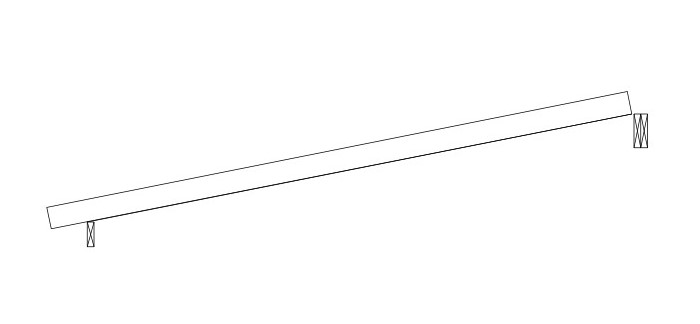
This will be determined by measuring from the bottom end of the rafter to the top corner of the ridge beam. This will be the length needed. Then measure from the bottom end of the rafter to the top end of the rafter. If there is enough length to make this cut, then this will work.
Once the length question has been affirmatively answered then the actual work can proceed.
Starting at one end, put some temporary support under a section of rafters. Disconnect the rafters from the ridge board, then begin lowering the rafters one by one to align with the top of the ridge beam.
Once you’ve done this, the rafter can be attached to the ridge beam by nailing at an angle through the end of the rafter on both sides into the ridge beam. Or the rafters can be fastened to the ridge beam with rafter hangers.
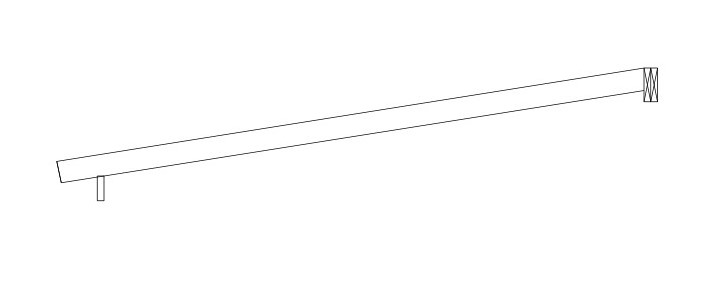
Continue this process from one end of the building to the other, doing rafters on both sides of the ridge beam as you go. This is critical because you need to keep equal pressure on both sides of the ridge beam to keep it centered in the building.
If there is siding on the gables, it will need to be removed so that it can be recut to match the new roof slope.
With the information I have, this appears to be the most economical way to fix this problem.
Knowing that there was a problem was the first half of the battle.
The second half is the physical fixing part. Now it’s up to you to put your tool belt on and go to work or hire a qualified contractor. Either way you now have some written instructions for this project.





